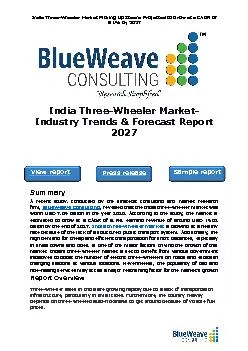PDF-(EBOOK)-Food IS Medicine, Volume Three
Author : oniereber | Published Date : 2022-06-23
The Food IS Medicine series emphasizes the powerful effect that an organic plantbased diet has in disease prevention and recovery The evidence provided in this series
Presentation Embed Code
Download Presentation
Download Presentation The PPT/PDF document "(EBOOK)-Food IS Medicine, Volume Three" is the property of its rightful owner. Permission is granted to download and print the materials on this website for personal, non-commercial use only, and to display it on your personal computer provided you do not modify the materials and that you retain all copyright notices contained in the materials. By downloading content from our website, you accept the terms of this agreement.
(EBOOK)-Food IS Medicine, Volume Three: Transcript
Download Rules Of Document
"(EBOOK)-Food IS Medicine, Volume Three"The content belongs to its owner. You may download and print it for personal use, without modification, and keep all copyright notices. By downloading, you agree to these terms.
Related Documents














